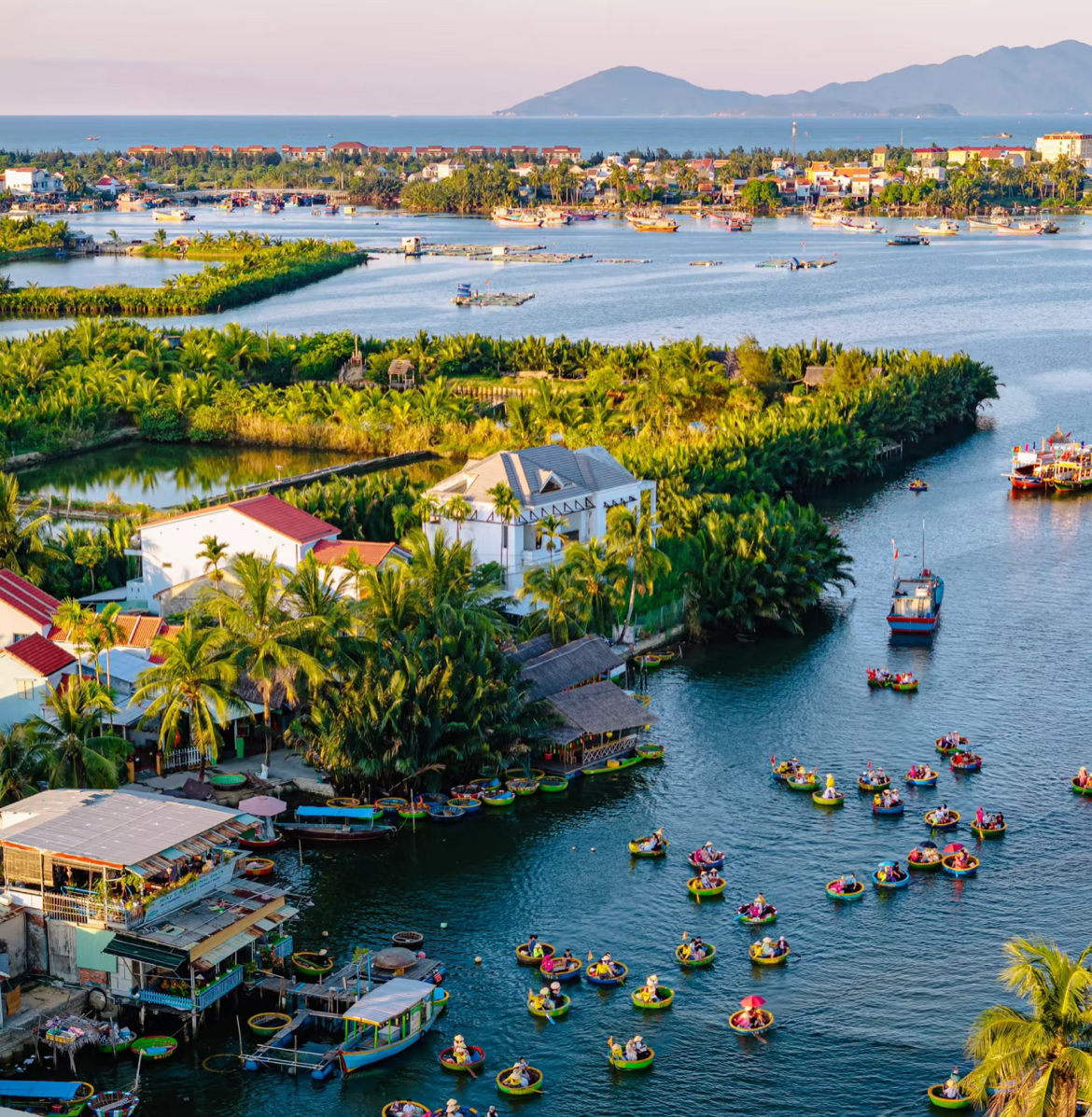
Foreign Trade Risk Alert: Political Turmoil in Nepal Triggers Social Crisis; Chinese Embassy Issues Safety Reminder! How Should Foreign Traders Respond to the Market Upheaval?
“Recently, the Nepalese government suddenly announced a nationwide suspension of 26 major social media platforms, citing the need to safeguard national security and digital sovereignty.”
Recently, the Nepalese government suddenly announced a nationwide suspension of 26 major social media platforms, citing the need to safeguard national security and digital sovereignty. According to local sources, in addition to international mainstream platforms such as Facebook, Instagram, and YouTube, communication tools including Tencent's WeChat, WhatsApp, LinkedIn, and Signal have also been included in the ban.

An official statement from Nepal indicated that this decision stems from the failure of these multinational technology companies to complete local registration and compliance reviews in accordance with Nepal's newly enacted Information Technology Management Act. This abrupt digital control measure quickly sparked strong reactions at the social level, causing significant inconvenience to a large number of people who rely on social media for business communications, contact with friends and family, and access to information. Merchants, cross-border trade practitioners, and young internet users have been particularly affected.
Shortly after the ban was imposed, large-scale public demonstrations broke out in several major cities across Nepal, including the capital Kathmandu, the famous tourist city of Pokhara, and Janakpur, starting on September 8. Tens of thousands of protesters took to the streets to express their dissatisfaction with the government's social media blockade, as well as their anger over Nepal's current economic stagnation and systemic corruption.
According to World Bank statistics from 2024, the unemployment rate among Nepal's youth aged 15 to 24 has reached as high as 20.8%. The country’s economy heavily relies on overseas remittances, which account for approximately 33.1% of its GDP, a figure that has been steadily rising over the past thirty years. Economic difficulties and employment pressures have become important background factors contributing to this social unrest.
As the protests escalated, severe incidents such as the burning of government buildings, road blockades, arson, and violent clashes occurred in some areas, leading to a sharp deterioration in the national security situation. Tribhuvan International Airport in Kathmandu and Pokhara International Airport were temporarily shut down, disrupting both domestic and international travel. According to Nepal's Civil Service Hospital, the consecutive days of conflicts have resulted in at least 21 deaths and over a hundred injuries.
Faced with the rapidly worsening political situation, Nepalese Prime Minister KP Sharma Oli submitted his resignation to the president on September 9. In a public statement, Oli stated that his resignation was aimed at addressing the "country's abnormal situation" and promoting a political resolution to the current crisis. However, the government’s concession did not immediately quell public anger. Many protesters continued to defy the curfew orders, surrounding the parliament building and even attacking the residences of several political figures, including Oli and former Prime Minister Deuba, as well as party headquarters.
It is worth noting that after the situation sharply deteriorated, the Nepalese government quietly lifted the previously imposed social media ban in an attempt to ease public sentiment, but this move failed to effectively control the situation.
Therefore, for foreign traders conducting business in the Nepalese market, the current situation requires a principle of "caution, stability and proactive prevention," with focus on the following aspects:
1. Short-Term Response Recommendations
Suspend non-essential travel: Given the occasional closure of local airports, transportation disruptions, and uncertain security conditions, it is advisable to avoid business visits or surveys in Nepal for the time being. Prioritize maintaining contact and business negotiations through online channels.
Strengthen communication with clients: Proactively maintain close contact with Nepalese clients, pay attention to their operational status and the functioning of local logistics, banking, customs, and other service systems. Adjust order delivery schedules and payment cycles in a timely manner to prevent delays and payment risks.
Monitor logistics dynamics: Closely follow the status of local ports, airports, and land transportation. For goods in transit, maintain real-time communication with freight forwarders and clients and develop contingency plans in advance.
2. Medium- to Long-Term Risk Prevention
Diversify market Strategy: Given Nepal's volatile political and economic situation, it is recommended that foreign trade enterprises gradually optimize their market structure to avoid over-reliance on a single market. Simultaneously explore other South Asian or ASEAN regional markets to disperse systemic risks.
Ensure compliance and risk transfer: When cooperating with Nepalese clients, prioritize using letters of credit and export credit insurance to reduce payment risks.Moreover, comply with the laws and regulations of both China and Nepal to avoid disputes arising from local policy changes.
Establish an information monitoring mechanism: Maintain communication with embassies, chambers of commerce, and professional agencies. Regularly assess Nepal's political, economic, and security situation to ensure early awareness, evaluation and response to major events.
3. Maintain Strategic Resilience
Nepal's market potential remains, and the current turmoil is a Phased challenge. Foreign traders should, under the premise of ensuring safety, maintain long-term relationships with reliable clients, exercise strategic patience, and be prepared to quickly resume business advance once the situation stabilizes.
Given the Continue unstable local security situation, the Chinese Embassy in Nepal has urgently issued a safety reminder, calling on Chinese citizens and institutions in Nepal to closely monitor the changing situation, enhance safety awareness, avoid non-essential outings, stay away from assembly, parade, and demonstration areas, and comply with local laws and regulations. The embassy also advises those planning to travel to Nepal in the near future to carefully assess risks and postpone non-essential trips.
In case of emergency, please call the following helplines:
•Nepal Police: 100
• Nepal Emergency: 102
•Tourist Police: 1144 or 01-4247041
• China Ministry of Foreign Affairs Global Consular Protection and Service Emergency Hotline (24 hours): +86-10-12308 or +86-10-65612308
• Consular Protection and Assistance of the Chinese Embassy in Nepal: 01-4531511

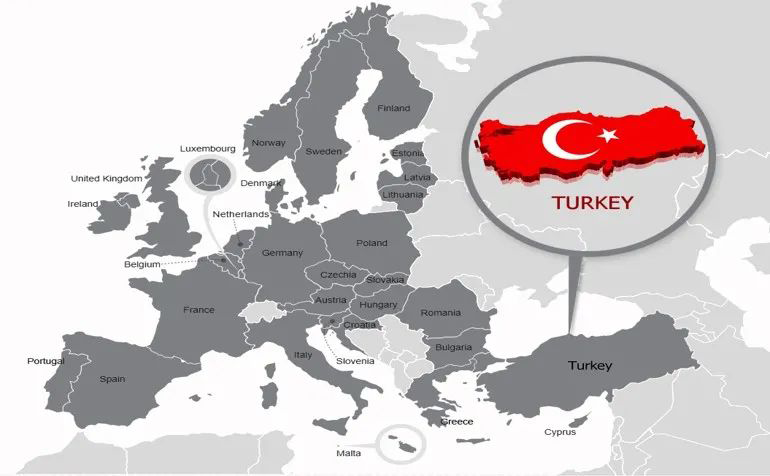

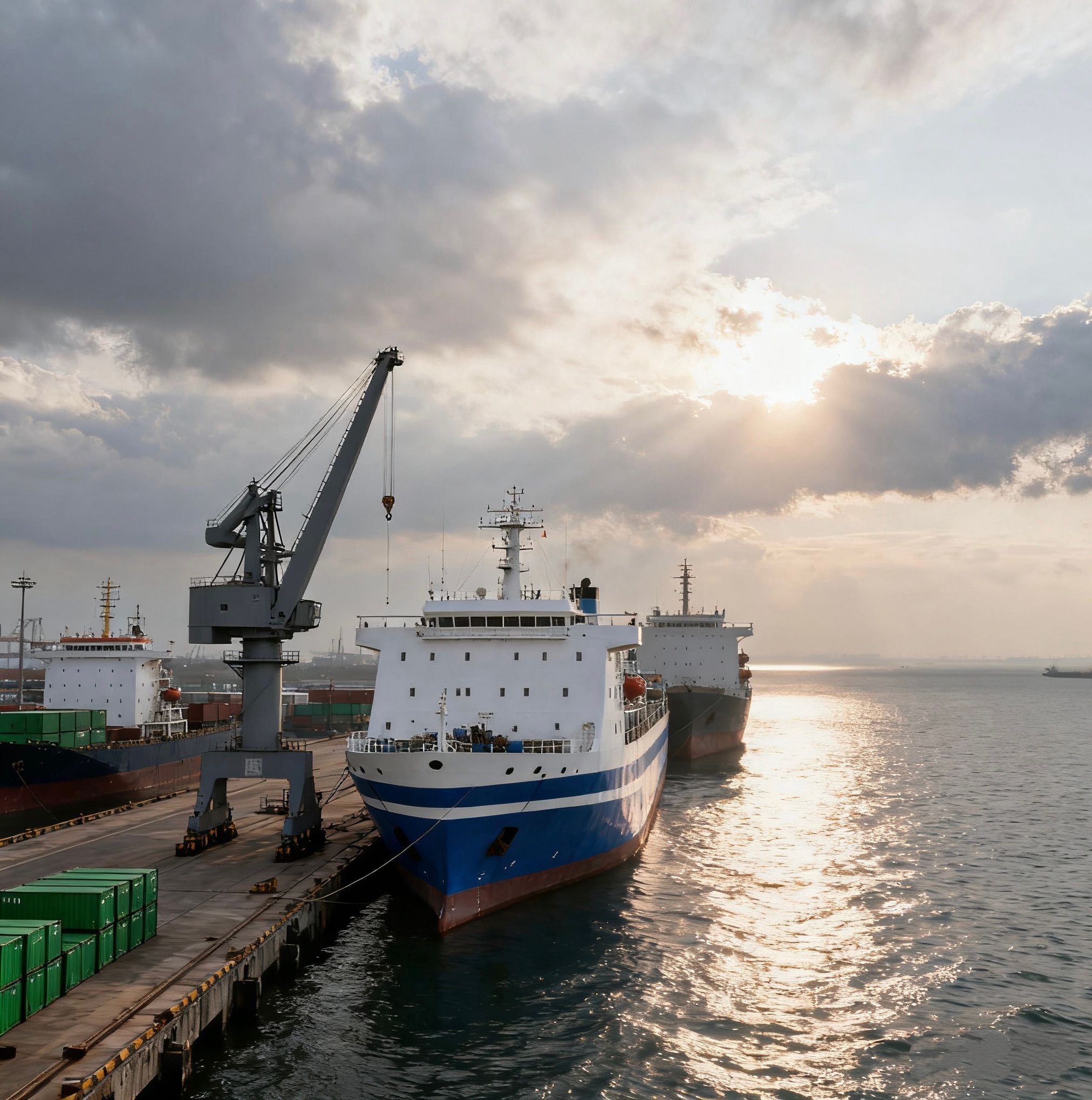

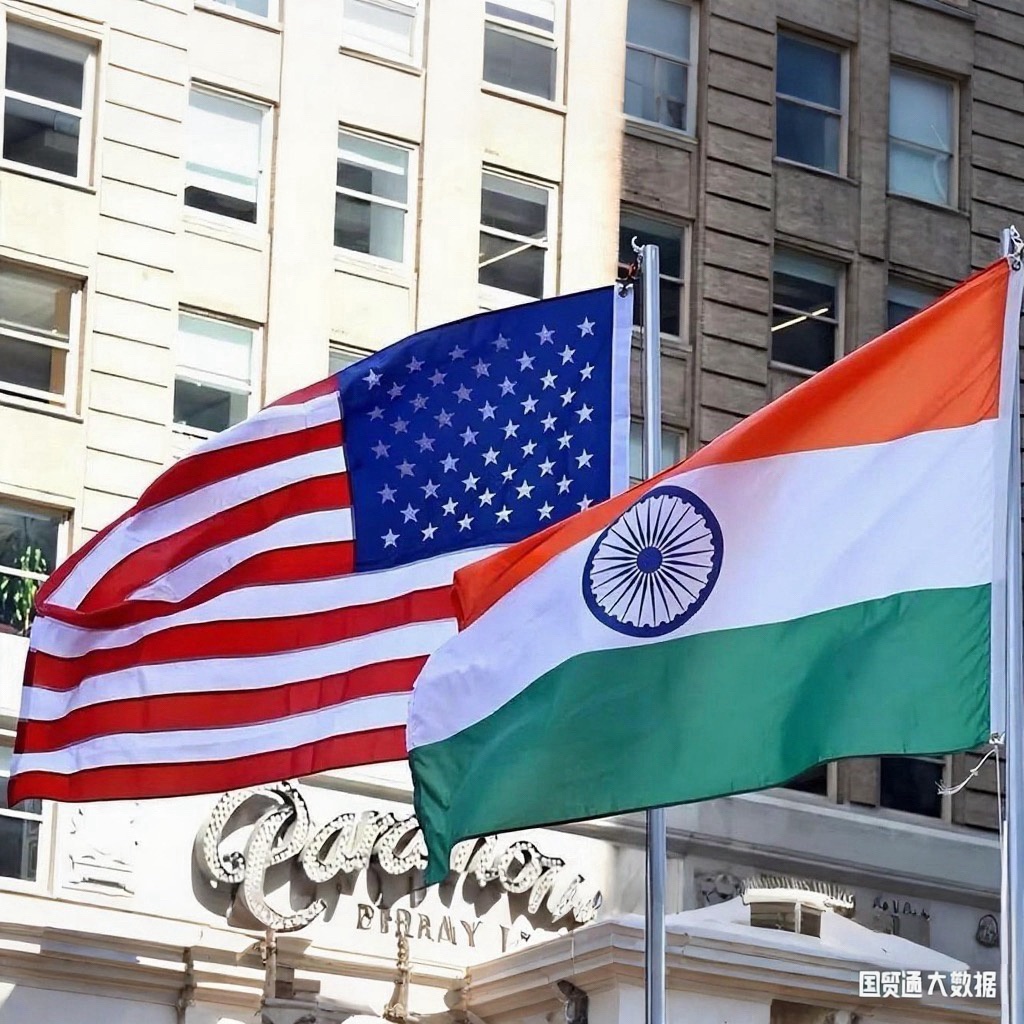
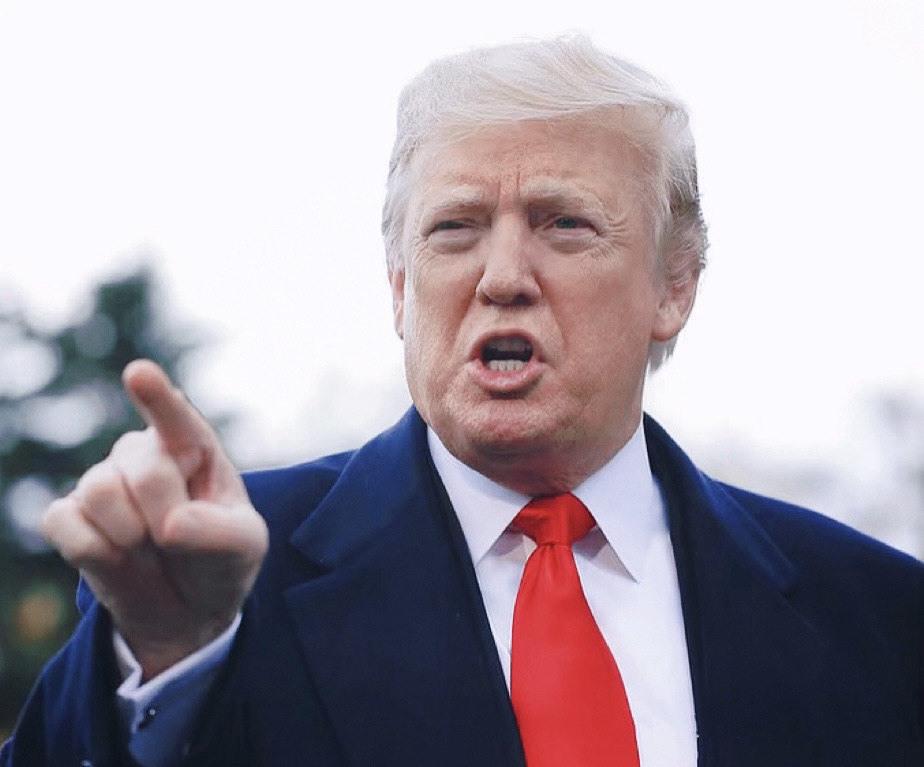

![[Regional Tensions Escalate Dramatically] Thai-Cambodian Diplomatic Relations Plunge! Reciprocal Sanctions Intensify](/upload/images/2025/7/a6a8b9d93bfbe77b.jpg)

